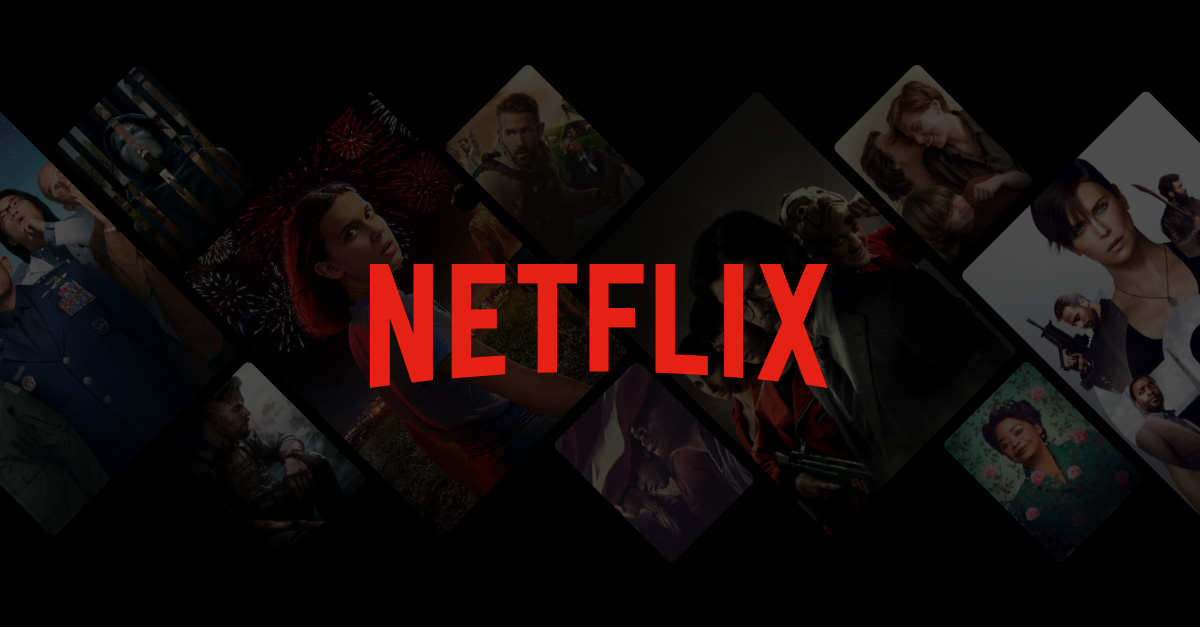Some things just cannot be forced, you cannot, for example, make grass grow faster by pulling at its tender blades, the opposite is a more likely outcome and you might even end up killing the plant. We also learnt that ordering businesses to use an artificially low exchange rate doesn’t make goods cheaper-who knew? Now the South African government is also about to learn an equally sobering lesson, you cannot order streaming companies to create local content.
The South African government has a plan to set a 30% local content quota to be applied on all video streaming platforms. This proposal is based on a white paper which was written by the country’s Department of Communications and Digital Technologies also known as the DCDT.
Where video-on-demand subscription services come and operate in South Africa, everything that they show to South Africans in terms of their catalogue – 30% of that catalogue must be South African content.
What this means is that we are trying to create opportunities for the production and creative industry sector.
Now you are seeing various subscription services producing very good, high-quality South African content like Queen Sono and others.
DCDT Chief Director Collin Mashile speaking on the proposal earlier this year
Why 30%?
To be honest I have so many questions about how such a proposal came about and disagree with some of the things he said. First of all, I cannot resist pointing out that Queen Sono was a horrible Western Action TV Show. The only thing South African about it was the actors and I am glad they cancelled it. Of course, there are still good South African shows on Netflix but the bulk of “local shows” aren’t really local in terms of the stories they tell.
Which brings me to my next two questions:
- Why 30%? How did they get to that number anyway? In my view, this seems to be something Multichoice would want rather than anything scientific. DStv and Showmax have been having a hard time competing and their only advantage has been local content. Netflix will, it should be said, happily invest in local content as a way to boost its subscription in South Africa and a lot of other countries but they will never attain 30% by investing in new shows.
- How do you even define local production? Do you need one South African actor in the show? So funny story, you remember how black dudes tend to die first in horror movies? This was done in response to laws that sort of compelled production houses to have black/minority dudes and gals in their movies. The production houses would just hire someone black and have them killed 5 minutes in just to comply with those requirements. It didn’t really help blacks and minorities, it actually became a film and TV trope. Well, save for Sean Bean who has made a career of playing a character that almost always meets their untimely end (RIP Ned Stark).
Let the money and customers decide
I have a feeling that someone in South Africa heard about the EU’s 30% law that also applies to Netflix. The thing is the EU is not just one Southern African country. Both the EU and South African may be technically unions but South Africa’s union covers 58 million people compared to Europe’s 450 million. Don’t even let me get started on subscriber numbers and spending power.
Also unlike certain African countries that just like to order people and businesses around without providing help the EU actually offers financial assistance. Most local content in the EU receives funding and support. A great deal of that support comes in the form of government subsidies. Germany for example provides 350 million Euro in support per year. France provides about 1 billion Euro per year. That’s over R20 trillion. It’s the sort of money South Africa doesn’t have. It’s over 10 times their entire annual budget.
So what happens when each country comes up with a 30% quota on Netflix? Someone clearly didn’t do their homework on this and it’s shocking that this came in the form of a white paper first. White paper generally means someone did some research and I am afraid someone dropped their ball on this one. Customers should be allowed to vote with their wallets if they want local content they know where to go. We already have companies like Multichoice championing local content and Netflix must also do the same but not in percentage terms.
Two ways for Netflix to meet the quota
One way for Netflix to comply is to reduce international shows in their library drastically. South Africans have it good as their library is in the top ten when it comes to value for money. Netflix doesn’t have many shows in its library and the only way would be to cut down that library and make it smaller. I doubt this is what the government had in mind when they put forth their proposal.
Another way that Netflix could possibly navigate this may be to buy the rights to host/stream older or existing South African shows. This would be quicker than the production cycle for any new shows. I mean who wouldn’t want to have the entire run of Suburban Bliss on Netflix?
The only good news here is that someone didn’t push this as a Statutory Instrument in the dead of night.
You should also check out:

What’s your take?